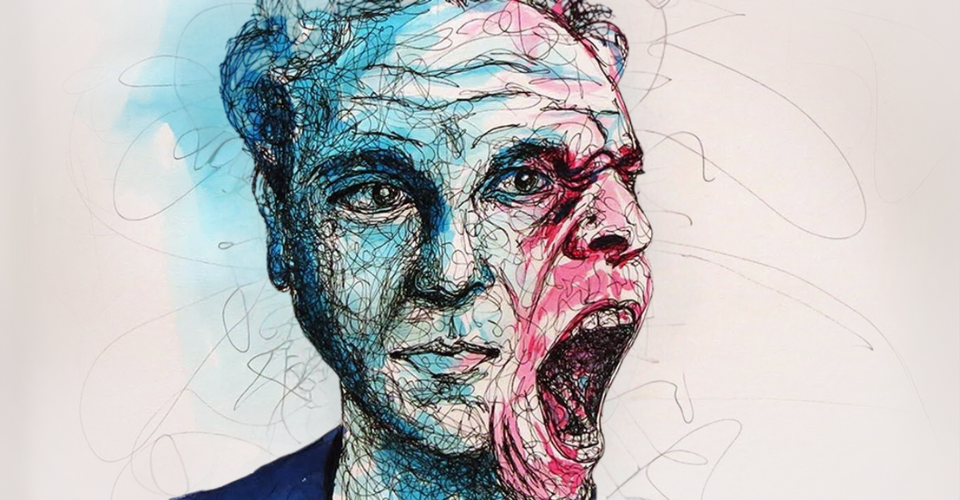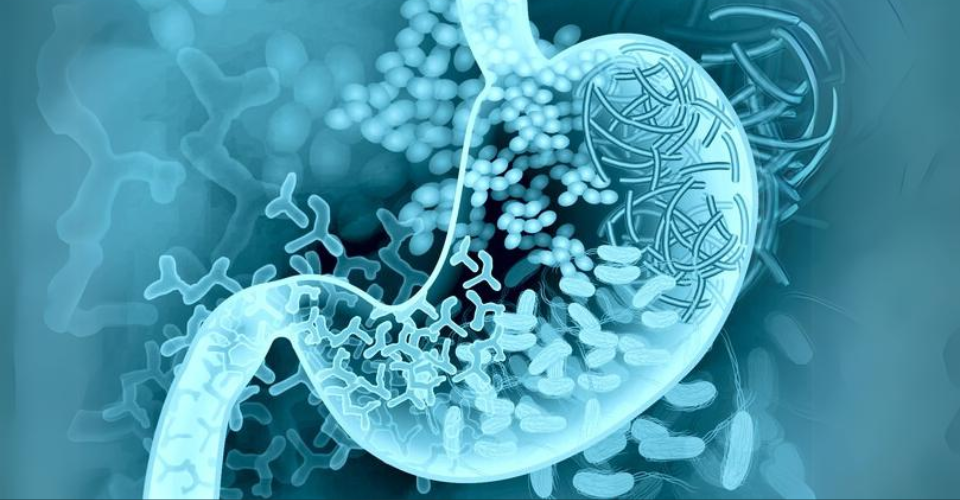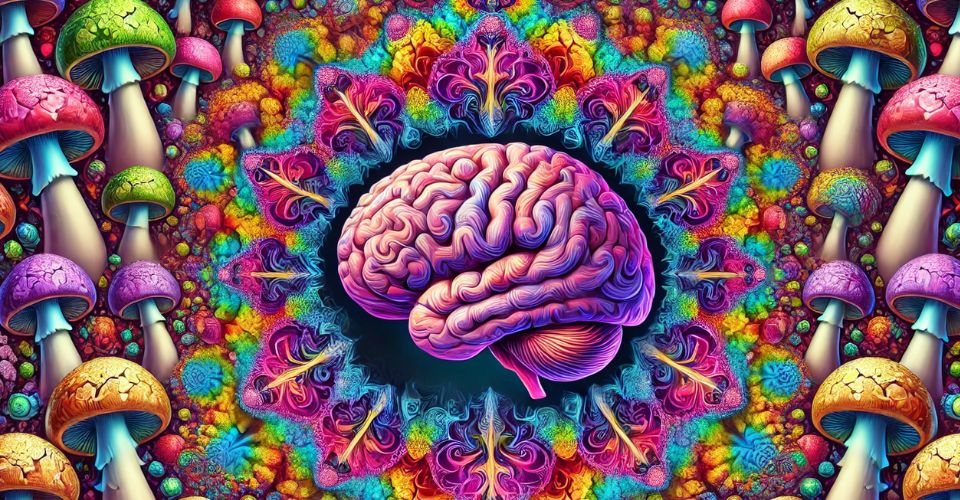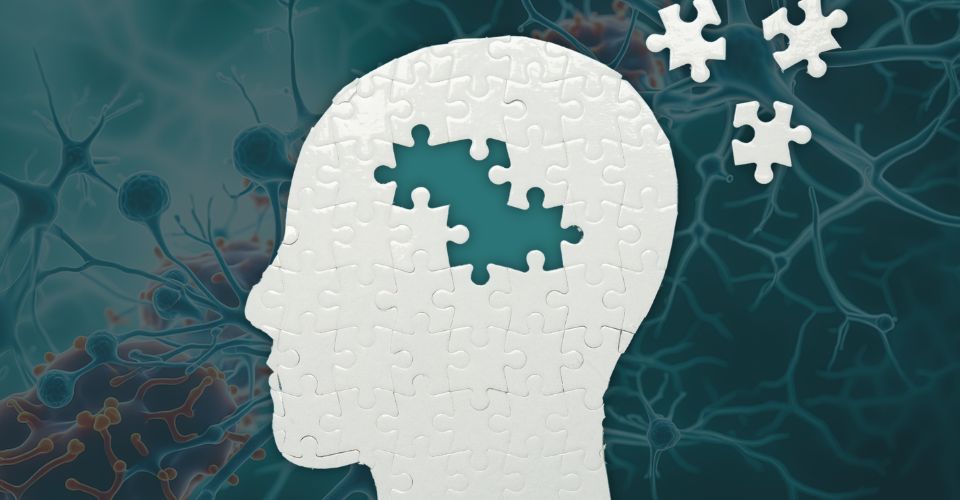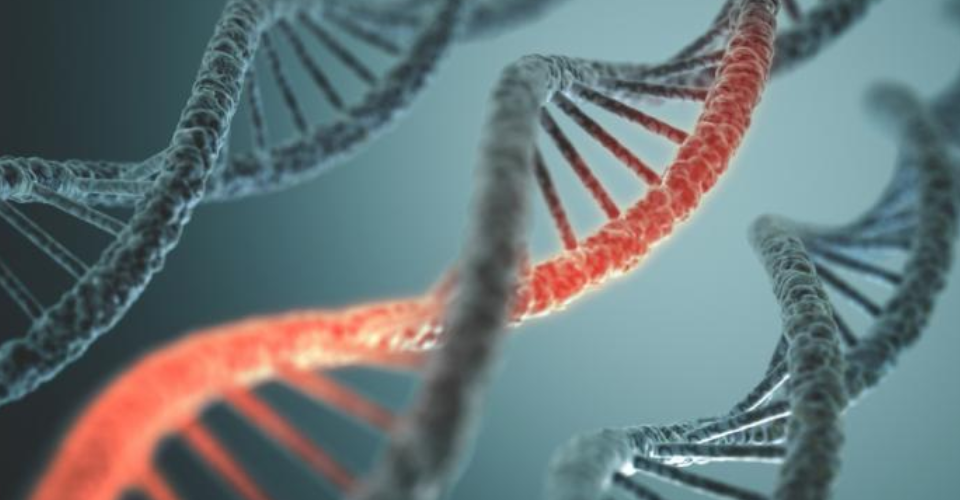Revolutionary Insights from Psycho-neuroendocrinology Research.
In-depth findings about how psychopathic people themselves make moral decisions are given by a pioneering study published in Comprehensive Psychoneuroendocrinology. In high-emotion situations, clinical psychopaths with impulsiveness go for deontological choices to avoid any direct harm even when it implies non-optimal outcomes.
Understanding Psychopathy
Psychopathy is an intricate personality disorder that involves emotional, interpersonal and behavioral deficits such as lack of empathy and manipulative antisocial behaviors. These characteristics often lead to criminality that has a profound influence on forensic and clinical settings especially when it comes to violent offenders.
Reasons for the Study
The fact that recidivism rates are very high among criminals characterized by psychopathy makes it important to understand factors contributing to their moral decision making as this has significant societal costs associated with it. “I work at the Netherlands Institute for Forensic Psychiatry and Psychology in a Dutch forensic observation clinic for mental assessment of alleged criminal offenders, so I am particularly interested in psychopathy. This personality disorder is said to be related to disturbed processing of moral issues,” commented Ronald J.P. Rijnders, a forensic psychiatrist who was one of the authors of this study.
Participants and Methods
The research included two main groups namely; 28 non-psychopathic controls made up of security guards and nursing staff members and 24 psychopathic patients drawn from maximum-security psychiatric hospitals based in the Netherlands. They used both PCL-R (Psychopathy Checklist-Revised) as well as PPI-R (Psychopathic Personality Inventory-Revised) tests to confirm presence of psychopathy in these individuals. Moral dilemmas were presented before participants whose answers were expected either duo utilitarian or deontological responses.
Key Findings
For example, among covetous patients higher levels of impulsivity was associated with choice towards deontological morality during emotionally intense personal-evitable dilemmas where choosing not to act could prevent harm. Conversely, non-criminal controls opted for more utilitarian decisions in situations of low emotional intensity.
Implications for Further Research
However, it is worth noting that compared to non-psychopathic individuals there was no evidence that psychopathic patients chose to be more utilitarian in nature as was suggested by previous research. This study demonstrates the complex ways by which psychopathic traits and impulsivity interact with the affective context of moral decision making. Further studies can examine the effects of repeated oxytocin administration over longer periods on moral decision-making more convincingly and with lasting consequences.
Continuing the Research
“Moral choice in other forensic populations will continue being our focus,” said Rijnders. “Maybe a design involving several week-long applications of nasal oxytocin is feasible.”
This article titled “Would you? Effects of oxytocin on moral choices in forensic psychopathic patients” was written by Ronald J.P. Rijnders, Sophie van den Hoogen, Jack van Honk, David Terburg and Maaike M. Kempes.





